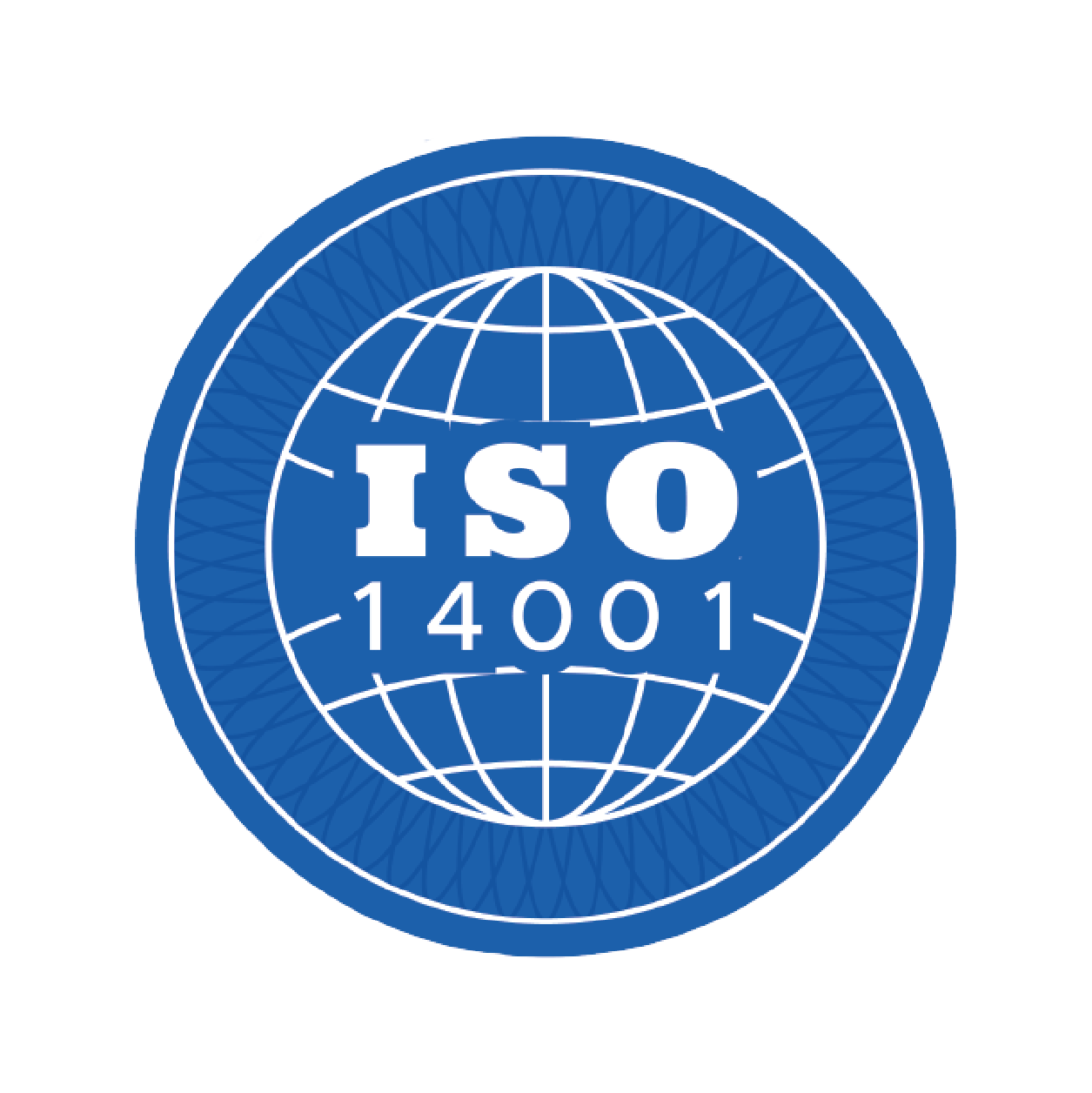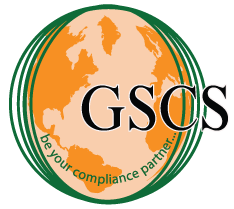
Upgrade Your Audit Skills with ISO 14001 Environmental Training
Introduction
ISO 14001 Environmental Training is a life-changer for professionals wanting to expand their auditing skills. If you’re an environmental manager, auditor, or compliance officer, learning to audit ISO 14001 will boost your career options and help organizations meet their sustainability objectives.
As the world becomes ever more environmentally conscious, businesses are hopping on the green train to ensure regulations are met and satisfy their stakeholders. ISO 14001, the international Environmental Management System (EMS) standard, provides a structured framework for organizations to minimize their environmental impact.
What is ISO 14001 Environmental Training?
ISO 14001 Environmental Training is designed to equip individuals with the knowledge and skills required to conduct effective audits of environmental management systems based on ISO 14001:2015. The training is suitable for professionals involved in EMS auditing, including internal auditors, compliance officers, sustainability professionals, and consultants. It covers the principles of auditing, the structure of ISO 14001, risk assessment, compliance evaluation, and reporting.
Why ISO 14001 Matters
ISO 14001 is a vital tool for organizations aiming to reduce their environmental impact. It provides a framework for:
- Identifying and managing environmental risks
- Ensuring compliance with legal and regulatory requirements
- Promoting sustainable practices
- Enhancing corporate reputation
- Improving operational efficiency and cost savings
Having ISO 14001 certification demonstrates a commitment to environmental stewardship and can enhance stakeholder trust.
Key Objectives of ISO 14001
✔ Reduce environmental impact (waste, emissions, resource use)
✔ Ensure compliance with legal and regulatory requirements
✔ Improve sustainability performance
✔ Enhance corporate reputation and stakeholder trust
Since its latest update (ISO 14001:2015), the standard has emphasized risk-based thinking, leadership commitment, and lifecycle assessment—making auditing skills more critical than ever.
Benefits of ISO 14001 Training for Professionals
For environmental consultants, auditors, compliance officers, or corporate managers, ISO 14001 training offers significant career advantages. Let’s explore:
1. Enhances Career Opportunities & Marketability
High Demand for EMS Professionals
With stricter environmental regulations and growing corporate sustainability commitments, companies actively seek professionals with ISO 14001 expertise. Roles such as:
- Environmental Compliance Manager
- Sustainability Consultant
- EMS Lead Auditor
- Corporate Social Responsibility (CSR) Officer
Competitive Edge in the Job Market
A globally recognized ISO 14001 certification sets you apart from peers, making you a preferred candidate for high-paying manufacturing, energy, construction, and consulting roles.
2. Develops In-Demand Auditing & Compliance Skills
Master Environmental Auditing Techniques
ISO 14001 training equips you with:
- Audit planning & execution
- Risk assessment & compliance evaluation
- Corrective action implementation
- Reporting & documentation best practices
Ensure Regulatory Compliance
Learn how to:
- Interpret environmental laws & standards.
- Conduct gap assessments
- Help organizations avoid fines & legal penalties.
3. Increases Organizational Value & Leadership Potential
Drive Sustainability Initiatives
Trained professionals can:
- Implement waste reduction programs.
- Optimize energy & resource efficiency.
- Develop carbon footprint strategies.
Gain a Strategic Business Perspective
Understanding ISO 14001’s PDCA (Plan-Do-Check-Act) cycle helps professionals:
- Align EMS with business objectives.
- Improve operational efficiency
- Enhance corporate reputation
4. Boosts Earning Potential & Professional Growth
Higher Salary Prospects
- Certified ISO 14001 professionals earn 10-30% more than non-certified peers, depending on role and experience.
Global Career Mobility
- Since ISO 14001 is an international standard, certification opens doors to global job opportunities in sustainability and compliance.
5. Contributes to Corporate & Environmental Sustainability
Make a Tangible Environmental Impact
Professionals with ISO 14001 training help businesses:
- Reduce pollution & waste.
- Lower energy consumption
- Meet net-zero & ESG goals.
Enhance Stakeholder Trust
Companies with strong EMS practices attract:
- Eco-conscious investors
- Sustainability-focused clients
- Regulatory approval
Types of ISO 14001 Audits
There are three main types of audits under ISO 14001:
- Internal Audits (First-Party) – Conducted by in-house auditors to assess EMS effectiveness.
- External Audits (Second-Party) – Performed by customers or stakeholders to evaluate suppliers.
- Certification Audits (Third-Party) – Conducted by accredited certification bodies to grant ISO 14001 certification.
How to Become an ISO 14001 Auditor?
To be recognized as an ISO 14001 auditor, you must acquire specific training and practical experience. The following steps will guide you through the process:
Step 1. Comprehend the Key Details of ISO 14001
An auditor ought to know the following critical clauses:
- The Context of the Organization – Clause 4
- Leadership and Commitment Clause 5
- Risk Assessment and Planning Clause 6
- Operational Controls Clause 8
- Performance Evaluation Clause 9
Step 2. Attend ISO 14001 Lead Auditor Training Course
An Authorized Trainer Checks the Following:
- Implementation of EMS auditing principles.
- Planning/ Execution/ Reporting of audit.
- Definition of non-conformities and action corrections.
- Compliance.
Step 3. Carry Out the Required Assigned Tasks.
Prepare to participate in mock audits, case studies, and real-world assessments.
Step 4. Registration as An ISO 14001 Lead Auditor
Although training is important, attending an accreditation examination is a must to earn a certification accepted worldwide.
Who Should Take ISO 14001 Auditor Training?
This training is ideal for:
- Environmental Managers
- Compliance Officers
- Internal Auditors
- Sustainability Consultants
- Quality & Safety Professionals
Why Choose GSCS International for ISO 14001 Training?
GSCS International is a globally recognized management system training and certification services provider. Here's why professionals and organizations choose GSCS for ISO 14001 training:
- Experienced Trainers: Industry experts with real-world auditing experience
- Interactive Learning: Case studies, practical workshops, and simulations
- Flexible Delivery: Online, onsite, and blended training options
- Accredited Certification: Training aligned with international standards
- Post-Training Support: Ongoing guidance and resources for continuous learning
Conclusion
Upgrading your audit skills through ISO 14001 Environmental Training is a strategic move for professionals committed to environmental sustainability and regulatory compliance. With the proper training, you enhance your competency and contribute significantly to your organization's environmental performance.
Whether you're looking to step into a new role or strengthen your existing skillset, enrolling in ISO 14001 training with a trusted provider like GSCS International ensures you are well-prepared to lead effective EMS audits and drive meaningful change.
Ready to take your auditing career to the next level? Choose GSCS International for ISO 14001 Environmental Training and be a catalyst for sustainable transformation.
FAQ:
ISO 14001 is an international standard for creating and maintaining an effective Environmental Management System (EMS) to manage environmental responsibilities.
ISO 14001 focuses on environmental management, while ISO 45001 targets occupational health and safety. Both aim to improve overall workplace performance.
ISO 9001 deals with quality management systems, while ISO 14001 addresses environmental management systems and compliance.
Key requirements include identifying environmental aspects, compliance obligations, setting objectives, implementing controls, and continual improvement.
Organizations can achieve ISO 14001 certification by implementing an EMS and passing a third-party audit that verifies compliance.
Auditing ensures compliance with environmental regulations, improves sustainability, and identifies areas for improvement in environmental performance.
